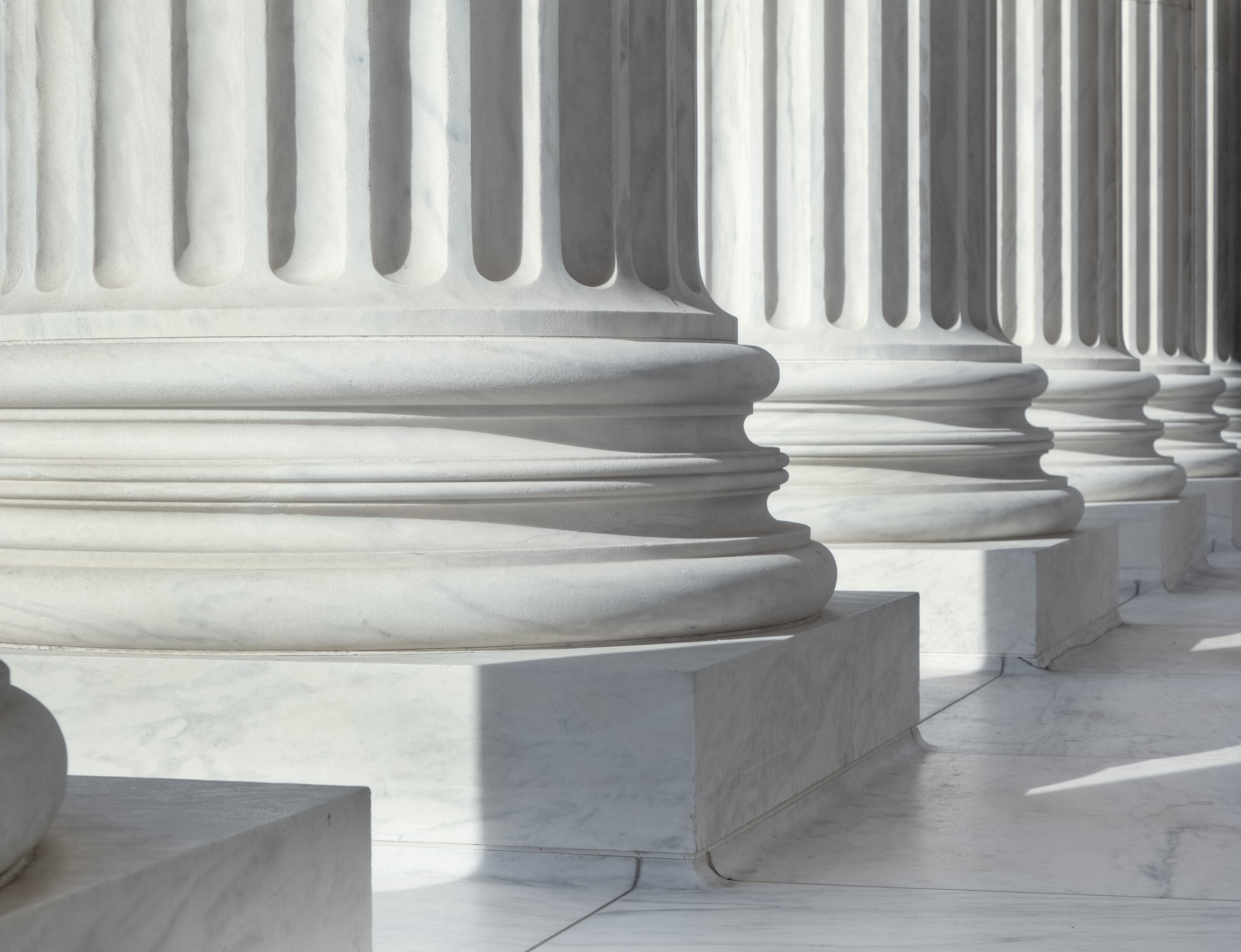press release
CBA Statement on Consumer Harm Caused by the CFPB’s Misguided Credit Card Late Fee Rule
Weston Loyd

Consumer Bankers Association (CBA) President and CEO Lindsey Johnson today released the following statement regarding the final rule issued by the Consumer Financial Protection Bureau (CFPB) limiting the safe harbor amount credit card issuers can charge consumers for late payments. The safe harbor thresholds were previously set by the Federal Reserve Board in its sweeping reforms of the credit card industry under the 2009 CARD Act.
“The rule’s policy goals are, at best, consumer redistribution, not consumer protection. Equally concerning is that this rule continues the CFPB’s deeply problematic practice of rushing to prioritize headlines at the expense of legal process. But this time they’re also endangering consumers’ long-term financial health. “The CFPB has skipped important legal requirements in its haste to finalize the rulemaking, raising concerns about the sufficiency of the rulemaking process under the Administrative Procedures Act. Even other Biden Administration agencies have raised formal concerns about the CFPB’s procedural shortcuts. “This final rule will benefit a small minority of frequent late-payers by offsetting the costs of their late payments by increasing costs amongst the 74 percent of cardholders that pay their bills on time. The CFPB has openly conceded that the majority of cardholders will likely see their credit card interest rates increase and credit availability decrease. This will be particularly impactful for the nearly 50 percent of subprime card consumers who work hard and budget to successfully pay their bills on time – and will now have a harder time obtaining credit, managing their debt, and growing their credit histories. “While the Administration is messaging this rule as a ‘win’ for consumers going into an election year, it’s anything but. By normalizing being late on credit card payments, the Administration is knowingly putting consumers’ financial health at risk. As such, CBA will continue to advocate for sound policies that benefit all Americans.”
Background
Prior CFPB research found that nearly one in five Americans lack credit scores and that credit cards are the primary way that such consumers become “credit visible.” By raising costs and reducing access to credit cards, the CFPB’s rule will force consumers on the margins facing expense shocks to turn to non-bank credit alternatives like payday loans and buy-now pay later products. Non-bank credit alternatives lack many of the important consumer protections built into credit cards, like ability-to-pay requirements, interest rate disclosures, or protections for fraudulent transactions.CBA Advocacy
- The White House and CFPB argue that credit card interest rates are at an “all time high.” But the CFPB misrepresents the dramatic growth of credit card underwriting to adults with deep subprime credit scores. To learn more, click HERE.
- The White House and CFPB similarly purport that large credit card issuers charge higher interest rates than smaller credit card issuers. Yet, CBA shows that once the CFPB's math is corrected to include credit card products that are actually available to the general public, the APR gap narrows dramatically – more than 70 percent for subprime cardholders, which can be found HERE. The remaining gap may in large part be attributable to actual underwriting of subprime cardholders, rewards, and other product innovations. More information can be found HERE.
- To read CBA’s Facts Matter blog series that highlights the disparities between the CFPB’s CARD Act Report and its accompanying press release, click HERE.
- CBA launched a public affairs campaign, Washington Wallet Watch, highlighting the harm this rule will have on consumers. You can learn more about the campaign HERE.
- To read CBA’s letters to the CFPB on the notice of proposed rulemaking earlier this year, click HERE and HERE.
- CBA also commissioned a poll in April 2023 that found that the majority of Americans appreciate the personal responsibility associated with on-time credit card payments and don’t believe these fees constitute “junk.”
- In addition, The Washington Post debunked several claims included in the CFPB’s proposal to lower credit card late fees, calling the agency’s calculation’s “fuzzy math.”



